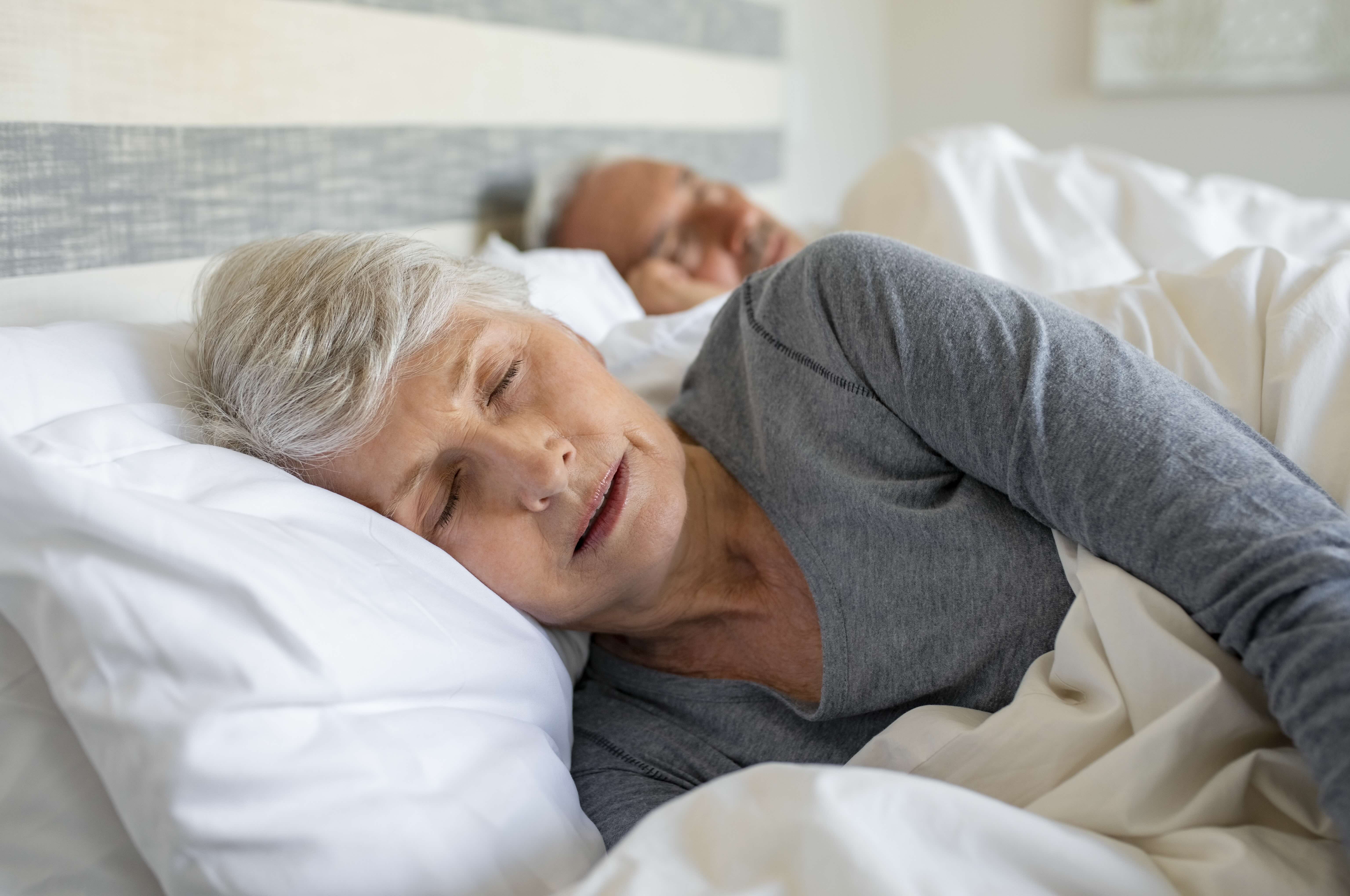Discover science-backed sleep advice for seniors and caregivers to boost rest, health, and quality of life.

Sleep isn’t just about feeling rested—it’s a vital part of maintaining physical, mental, and emotional health. As we age, getting consistent, high-quality sleep can become more difficult due to health conditions, medications, chronic pain, and changes in our internal clocks.
Poor sleep can lead to fatigue, cognitive decline, mood swings, and an increased risk of conditions like heart disease and depression. For older adults and their caregivers, understanding how to support better sleep naturally is an important part of healthy aging.
How Light and Modern Habits Affect Sleep
Before electricity, human sleep patterns were closely tied to the sun and moon. People rose with daylight and wound down after dark. Today, artificial light—especially from screens—can throw off our natural rhythms, making it harder to fall and stay asleep.
Interestingly, studies of rural communities with little or no access to electricity reveal that their sleep patterns still shift in response to natural moonlight. These findings suggest that even in modern environments, our bodies remain tuned to the natural cycles of light and dark—even if we don’t realize it.
By understanding and respecting our internal sleep-wake cycles (also called circadian rhythms), we can take simple, practical steps to improve sleep without relying on medication.
Natural Sleep Tips for Older Adults
Sleep specialists recommend the following habits to help support better, more consistent rest—especially for older adults:
Treat sleep as an essential part of your daily health routine, just like diet and exercise. Skipping sleep regularly can take a toll on your body and mind over time.
Go to bed and wake up at the same time every day—even on weekends. A steady routine strengthens your body’s internal clock and helps regulate sleep naturally.
If you can't fall asleep after 20–30 minutes, get up and do something calming in dim light. Lying in bed while wide awake can increase anxiety, making it harder to drift off.
Your bedroom should be dark, quiet, and cool. Use blackout curtains, fans, or white noise machines if needed. Keep the bed reserved for rest—not for paying bills or watching TV.
Exposure to sunlight helps regulate your body’s sleep-wake rhythm. Aim for time outside in the morning or early afternoon, even if it’s just a short walk.
Regular physical activity can help you fall asleep more easily and sleep more deeply. Just try to finish workouts at least a few hours before bedtime.
Regular physical activity can help you fall asleep more easily and sleep more deeply. Just try to finish workouts at least a few hours before bedtime.
Short naps (20–30 minutes) can be refreshing, but napping too long or too late in the day can interfere with nighttime sleep.
Ongoing sleep problems may point to an underlying condition like insomnia or sleep apnea. A primary care provider or sleep specialist can help identify and treat the root cause.
How Geriatric Care Managers Can Help
Managing sleep issues—especially alongside other health concerns—can be challenging for older adults and their families. That’s where LiveWell geriatric care managers (GCMs) can make a difference.
GCMs are experienced professionals who assess each client’s unique needs and develop customized care plans. When it comes to sleep, they can:
By taking a whole-person approach, geriatric care managers support better sleep as part of a broader commitment to well-being and aging with dignity.

